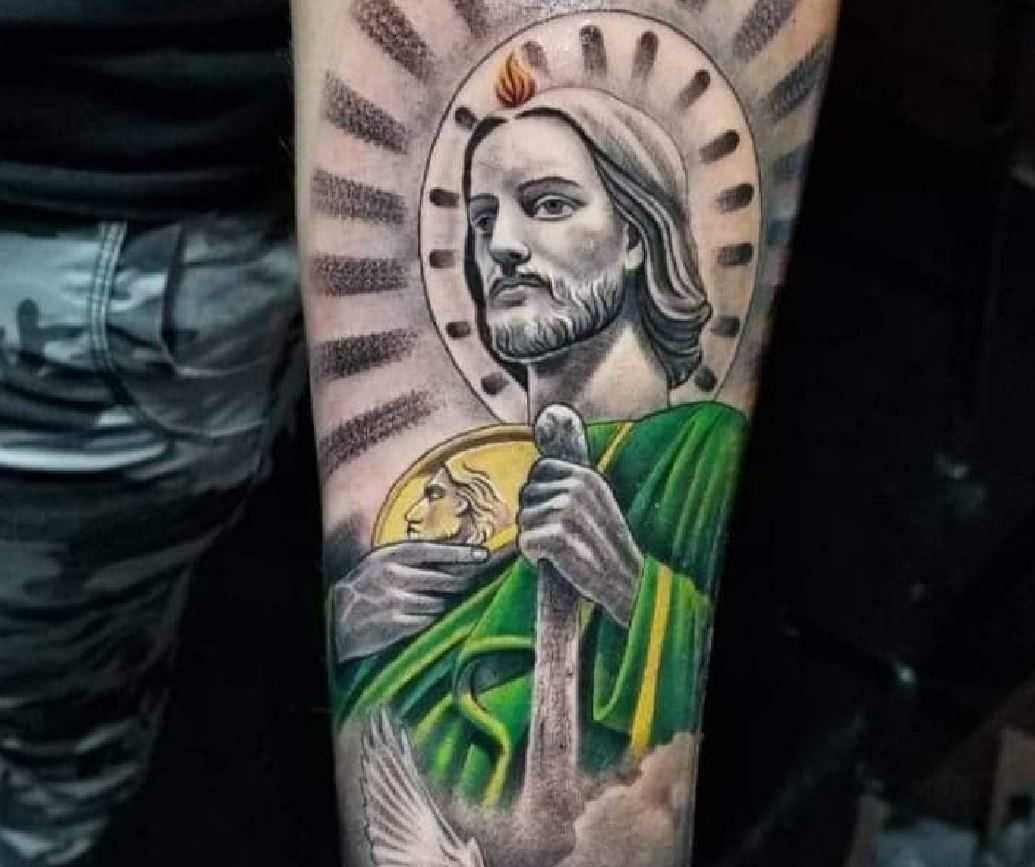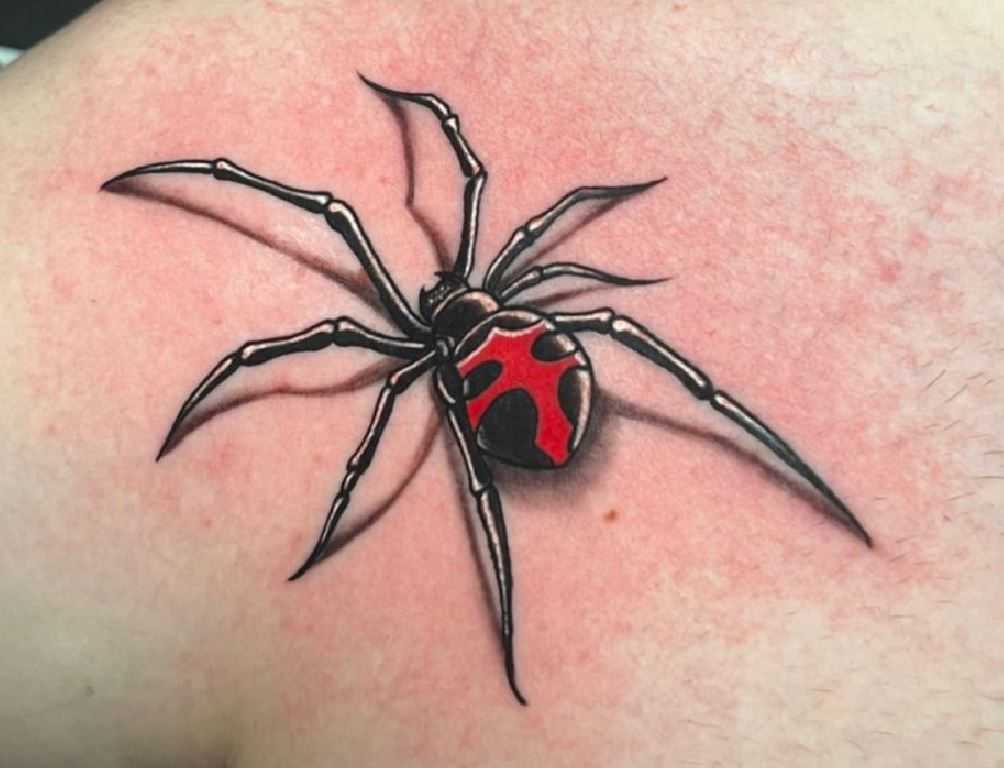Finally, the unavoidable occurred. At the conclusion of You season three, the vile Joe Goldberg assassinated Love. In retrospect, the season was constantly accelerating toward this grand finale—the only logical result of a poisonous relationship based on obsession and mutual murder.
It was a dramatic climax, in the pulpy style of the show, with Joe not only murdering Love, but also cutting off his own toes and setting fire to their house in order to fake his death and conveniently portray Love as Madre Linda’s homicidal femme fatale. What is a man to do after committing several killings, abandoning his young kid, and feigning death? Of course, see Paris!
That’s correct: You’s third season concludes with Joe entering his Eat, Pray, Love phase. Excellent material. Even better, bringing Joe out of the tight suburbs and reviving his life. He does not appear to wish to continue living in this manner for an extended period of time, though. In reality, he’s on the lookout for Marienne (Tati Gabrielle), his most recent love (not to be confused with his former love, Love). However, after receiving a terrifying threat from Love, Marienne departed the suburbs with her daughter Juliette. Joe, as he is wont to do, gets adamant about finding her and travels to Paris. “All I know, mon amour, is that I will search the globe if necessary,” he says as he strides through swarming Parisians, the Eiffel Tower rising hazily behind him.
The conclusion does not reveal much about Joe’s new life, save that he now goes by the name Nick and is comfortable enough in the city to visit a bustling cafe without wearing a baseball cap. Apparently, his actual crime notoriety in the United States was insufficient to reach the French press. However, it makes sense for Joe to travel to the city of love following the death of Love, indulging in all his crazy romantic fancies. For a minute, let us picture what his life would be like there. He’ll wander by bakeries that would evoke memories of his former Love, an ache in his chest each time he sees a fresh tart. He’ll evade American visitors in the Latin Quarter and stay discreetly among murderous mobs at Père Lachaise. He’ll go from baseball cap to beret and then back to baseball cap when he finds no one else does.
However, as Joe transforms into the living incarnation of a winking “Paris is always a smart idea” billboard, it seems inevitable that the ghost of Love would haunt him throughout the next season—in part because Victoria Pedretti was one of the show’s highlights. (“We are not fools — we know Victoria is incredible!” showrunner Sera Gamble explained to Variety, justifying the choice and pointing out that Love was always intended for a two-season run.)
Apart from Pedretti’s real-world notoriety, Love has become a source of macabre true crime interest, a fitting conclusion for the murderous character. “Once the sickness subsided, people were voracious for her,” Joe relates, noting that her homicidal tendencies and the “quasi-feminist” manner he presented her elevated her to the status of folk hero. The program next shows a fake feature piece on the horrific Madre Linda murder-suicide in The Cut. “As I drive by the foundation of the now-demolished Quinn-Goldberg ‘butcher house’ in Madre Linda, I’m struck by how regular it all appears…” begins journalist “Neil Ronald” with a pitch-perfect lede.
In true crime circles, Love has achieved posthumous celebrity. “More famous than Guinevere Beck,” Joe recalls of his season one obsession—who, in death, becomes a best-selling novelist. The program is creating an intriguingly sad pattern of having Joe murder women who become legendary in their death for phony noble reasons. (And, maybe unintentionally, a reflection on the media’s disproportionate preoccupation with doomed, attractive young white women.) And perhaps it will be the thing that finally brings him down, putting a stop to his deadly — and now global! — rampage.







